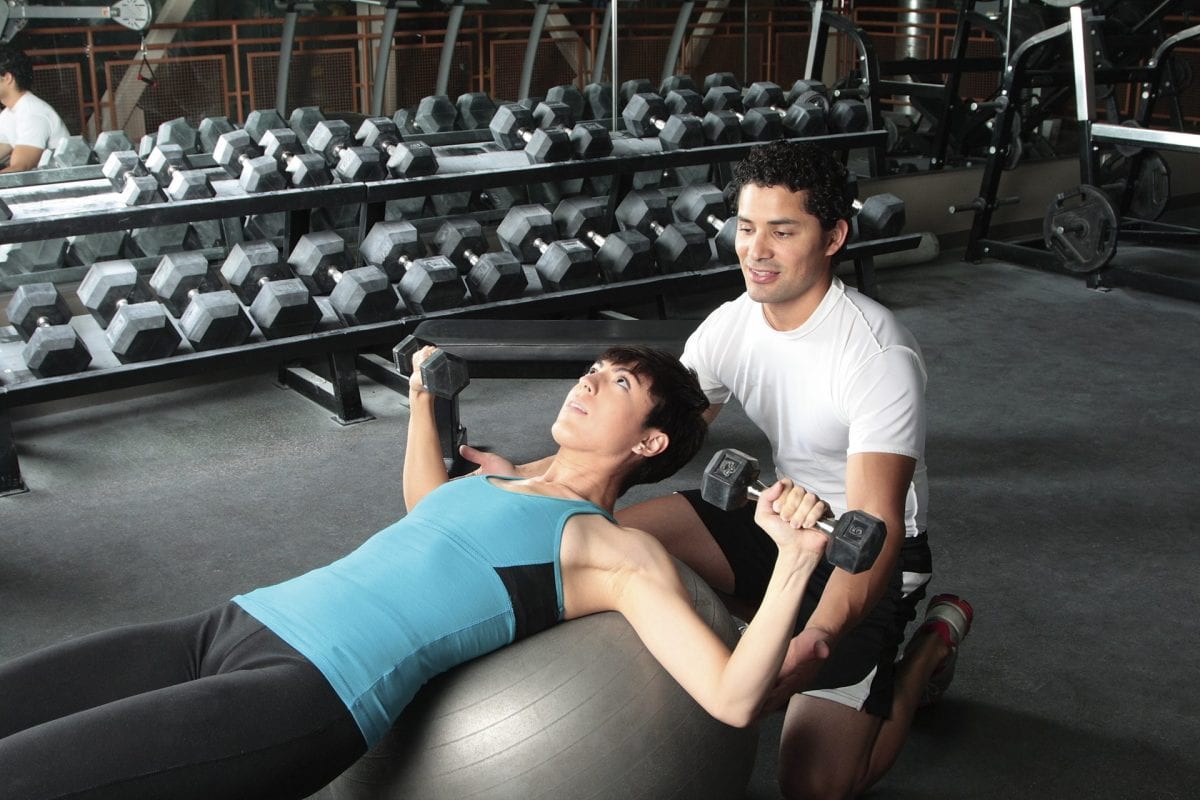Few things can sideline a weightlifting routine quite like a pinched nerve. If you are suffering from neck, wrist, or back pain exacerbated by weightlifting, don’t miss this essential guide to pinched nerves with expert tips on how to treat them and continue lifting.
What is a Pinched Nerve?
Nerves play the most critical role in transferring messages from the brain to the body. The messages, or electrical signals, travel from the brain along the body’s nervous systems which serve as a sort of electrical wiring circuit and tell your muscles, organs, heart, you name it, what to do.
When soft tissues in the body like muscles, cartilage, ligaments, and tendons that wrap around a nerve ending become inflamed they can apply pressure to it and literally “pinch” it. This excess stress can inhibit the nerve’s normal functioning and cause problems, making it hard to move certain body parts like the neck and back, especially when lifting weights.
Symptoms of a pinched nerve may include:
- Pain
- Numbness
- Weakness
- Tingling
- Pins and needles sensation
- Radiating burning feeling
There are some regions of the body where nerves are more likely to get pinched. These include in the wrist (carpal tunnel), in the legs (sciatica), and of course in the neck and back. Risk factors for developing pinched nerves include age, having bone spurs or rheumatoid arthritis, diabetes, obesity, pregnancy, sex, and overuse.
Weightlifting and Pinched Nerves
If you lift weights as a hobby or competitively, the “overuse” factor is likely your largest culprit for pinched nerves. Overuse encompasses any repetitive stress on the musculoskeletal system, especially the neck, arms, back, and wrists, from completing the same motion over and over for an extended period of time.
For weightlifters, overuse may affect the wrist in the form of carpal tunnel syndrome. The median nerve in your arm which travels down to your hand through a narrow passageway in your wrist (the carpal tunnel) can get pinched by inflamed tissues which surround it. This may result in pain, tingling, and numbness both in the wrist and lower arm as well as the palm, thumb, and fingers (except for the pinky). One of the hallmark signs of carpal tunnel syndrome is to experience symptoms at night when sleeping.
Weightlifters and bodybuilders may also experience pinched nerves in their neck and back from excessive stress placed on the shoulders, neck, upper and lower back when doing compound movements like deadlifts, squats, bench presses, power cleans, shoulder presses, and pull-ups. Especially if your form or body mechanics are ill-equipped to properly handle that type of lifting, the result can be strained and swollen muscles that squeeze nerves tight and cause you pain.
Diagnosing and Treating a Pinched Nerve
Not only is lifting through pain a big no-no but not treating a pinched nerve can actually result in permanent damage to the nerve itself. If you suspect a pinched nerve, you may be able to treat it at-home in a matter of days or a couple weeks. A visit with your doctor, however, can shed more light on the source of your symptoms as doctors can administer manual tests and imaging exams as well as nerve conduction studies. Treatment regimens may include:
-
Rest – it’s a simple fact, the nerve won’t become “unpinched” if you keep doing the things that pinched it in the first place. Rest, especially in the first few days of significant pain, can help your soft tissues release and relax. You may also want to apply ice packs or heating pads to the affected area to relieve swelling and therefore inflammation.
-
Immobilize – stabilizing the injured area and preventing excessive movement will also be key to healing. For example, you might wear a carpal tunnel brace when you sleep at night to limit wrist movement that pinches the median nerve more. You can also correct poor posture to prevent nerve pain in the neck by wearing a flexible neck brace which keeps you from turning or bending your head in a way that worsens the pinched nerve.
-
Physical therapy – a knowledgeable physical therapist or sports medicine specialist can show you exercises and stretches that can help alleviate the pressure causing your pinched nerve. Best practice is to see a doctor first who can form a comprehensive diagnosis of your pinched nerve and recommend a specific type of physical therapy.
-
Medication – as needed, you may want to take over-the-counter anti-inflammatories to help manage the pain and stiffness associated with your pinched nerve. Your doctor may also prescribe something stronger or recommend steroid injections in more severe cases.
-
Surgery – in rare cases where traditional interventions are unsuccessful, surgery may be required to unpinch a nerve so as to prevent permanent damage.









